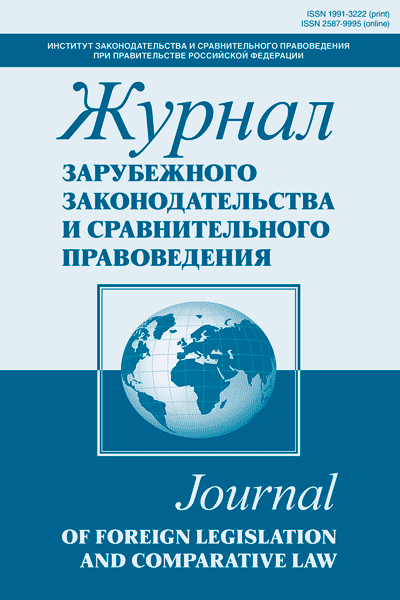Russian Library and Bibliographic Classification 67
The article contains main theses of the author’s speech at the VI Eurasian Anti-Corruption Forum “Social control as a key factor of anti-corruption” which took place in Moscow, 26—27 April 2017 within the frame of implementation of point 19 of National Anticorruption Plan 2016—2017. On the basis of analysis of international legal norms, provisions of national and foreign legislation, including open government institute’s regulation the concept of social control is formed, its place and role in modern anti-corruption politics are determined. The danger of distancing of state from the institutions of civil society is underlined, because it causes weakening of the whole state, provokes the intervention of external forces into internal affairs of the country. In the article the tendency is analyzed which consists in changing of the goal-setting of social control in the process of its legal consolidation and implementation by individual entities that invest in it a sense close to law enforcement, although it is exclusively a state function. Risks of deformed understanding of essence of social control are examined and new legal solutions of improving legislation in this area are proposed, in particular, conduction of complex evaluation of adaptive possibilities of international legal norms and determination of difficulties, related to assumption of obligations; the development of interstate implementation mechanisms; expansion of the circle of subjects of public control and activation of departmental monitoring of the activities of non-profit organizations. The author comes to the conclusion that it is necessary to form an international standard of anti-corruption social control, taking into account international legal acts and scientific research. At the same time, the concept of such a standard must be based on an understanding of its creative nature, the potential of cooperation between various social structures for the common good.
anti-corruption, social control, subjects of social control, UN Convention against Corruption, international standard, open government, non-profit organizations, intersectoral interaction.
No data
1. No data





